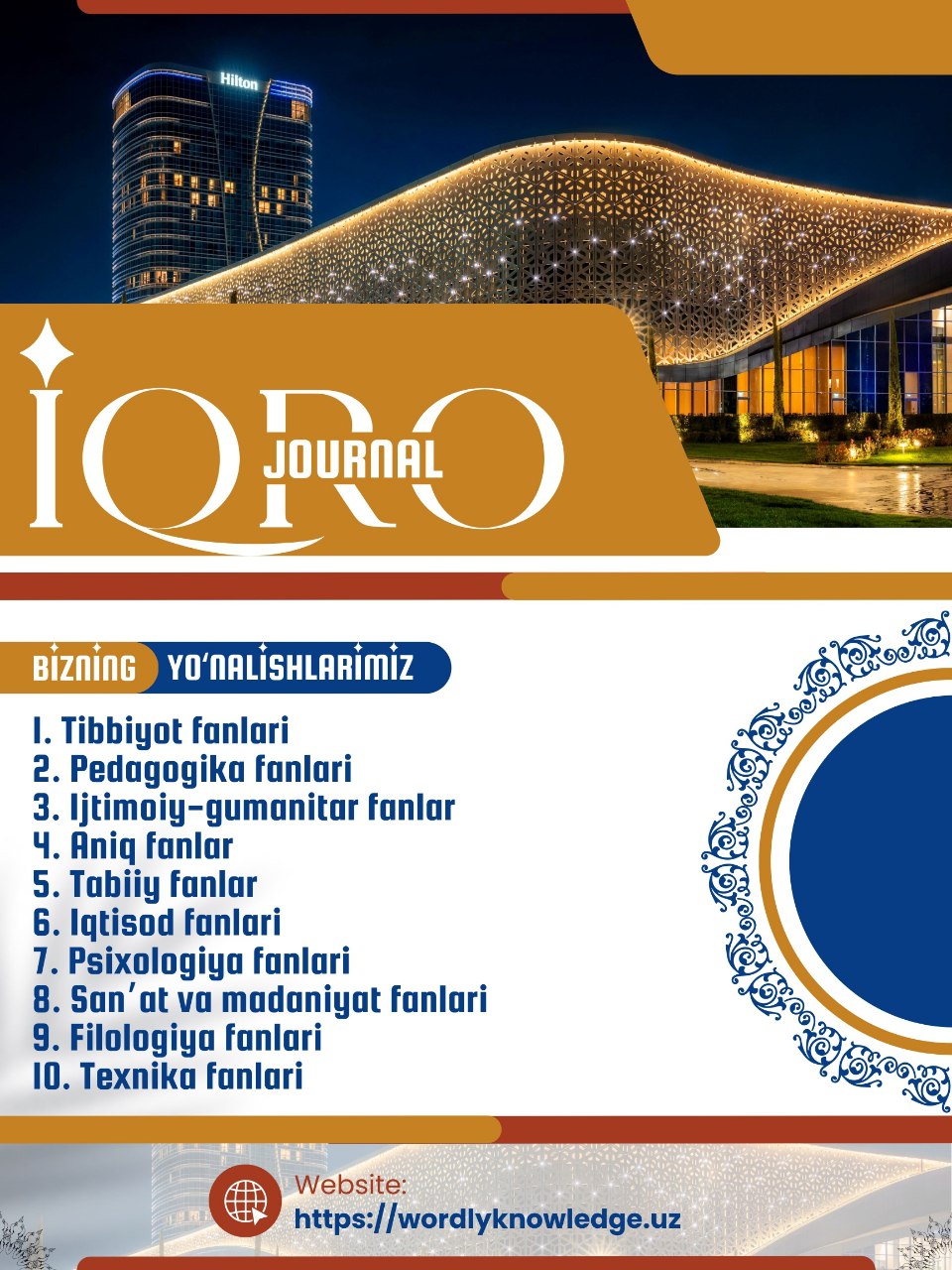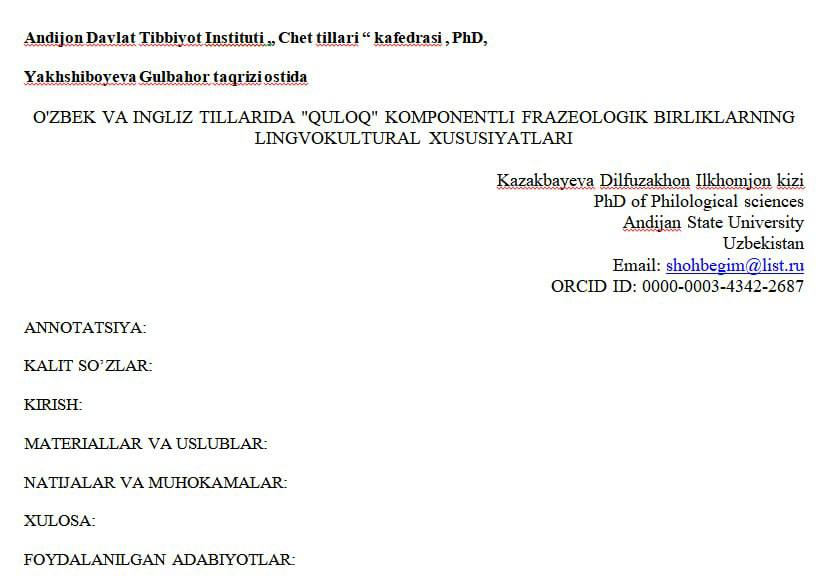ECONOMIC AND INDUSTRIAL MOBILIZATION OF THE UNITED STATES DURING WORLD WAR II: POLICIES, CHALLENGES, AND OUTCOMES
Samarqand Davlat Tibbiyot Universiteti, Ijtimoiy va gumanitar fanlar kafedrasi, Tarix fanlari doktori (PhD), Tursunova Gavhar taqrizi ostida
Keywords:
World War II, U.S. War Economy, Industrial Mobilization, War Financing, Excess Profits Tax, New Deal, Federal Agencies, Price Controls, Roosevelt Administration, Monetary PolicyAbstract
World War II required the most extensive resource mobilization in U.S. history. Unlike the Civil War, which demanded massive manpower deployment, World War II necessitated an unprecedented industrial expansion. While American casualties were lower than those of many other nations, the country paid a significant economic and social price. This study explores the economic policies, fiscal measures, and government interventions that shaped the U.S. war economy. It examines taxation strategies, including the excess profits tax, the role of monetary policy, and the establishment of federal agencies to regulate production, wages, and prices. The paper also analyzes the impact of war financing, inflation control, and the transition from the Great Depression to a wartime economy. By comparing policies from World War I and the New Deal, this study highlights the mechanisms that contributed to the successful mobilization of American industry and labor.References
1.Baruch, B. (1936). Baruch: The Public Years. Holt, Rinehart and Winston.
2.Federal Reserve System. (1943). War and Inflation: Economic Policies of the United States. U.S. Government Printing Office.
3.Kennedy, D. M. (1999). Freedom from Fear: The American People in Depression and War, 1929–1945. Oxford University Press.
4.National Bureau of Economic Research. (1941). The Role of Government in Wartime Economics. NBER Reports.
5.Rockoff, H. (2012). America’s Economic Way of War: War and the U.S. Economy from the Spanish-American War to the Persian Gulf War. Cambridge University Press.
6.Roosevelt, F. D. (1940, December 29). Radio Address: The Great Arsenal of Democracy. U.S. Government Archives.














